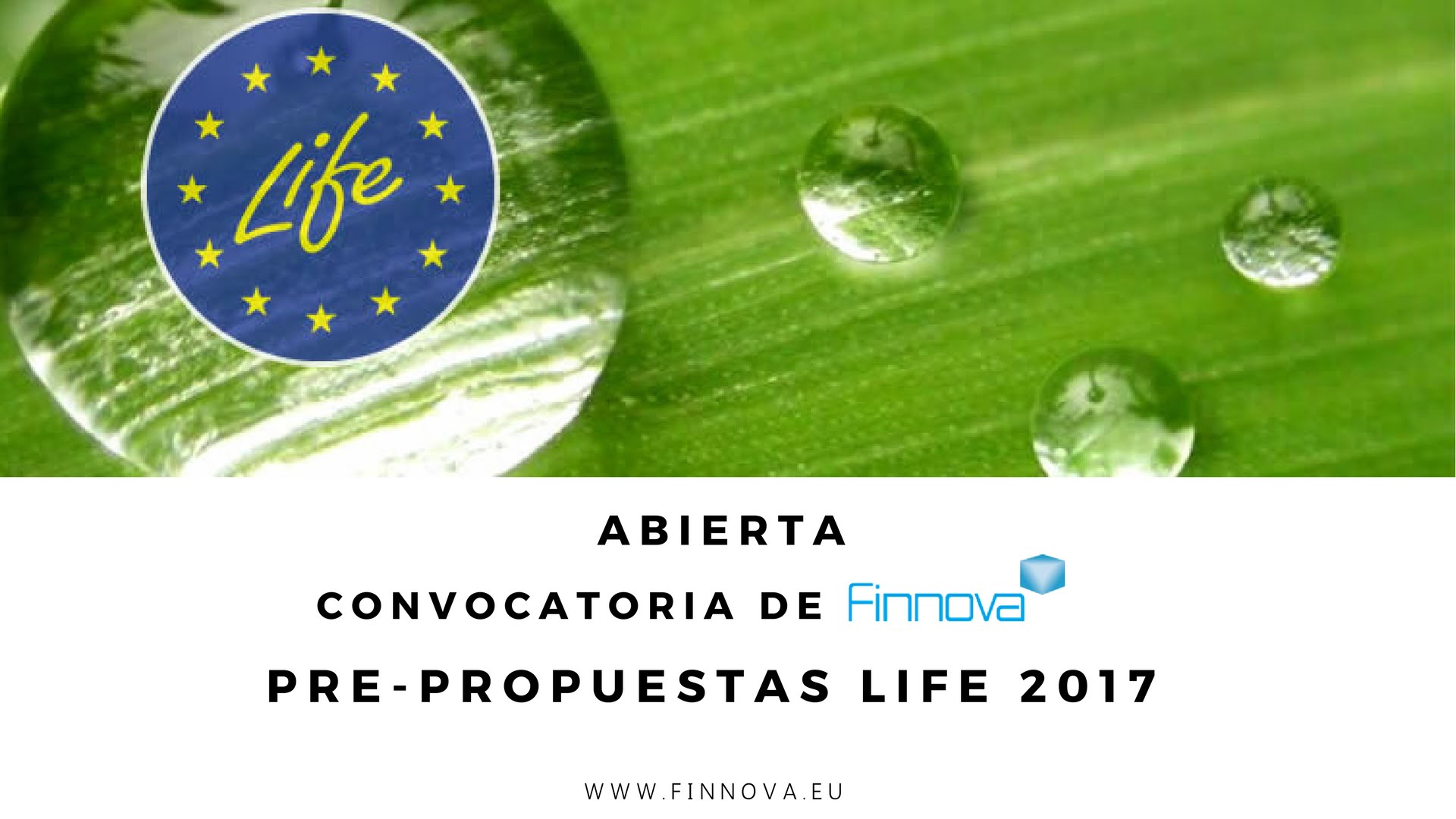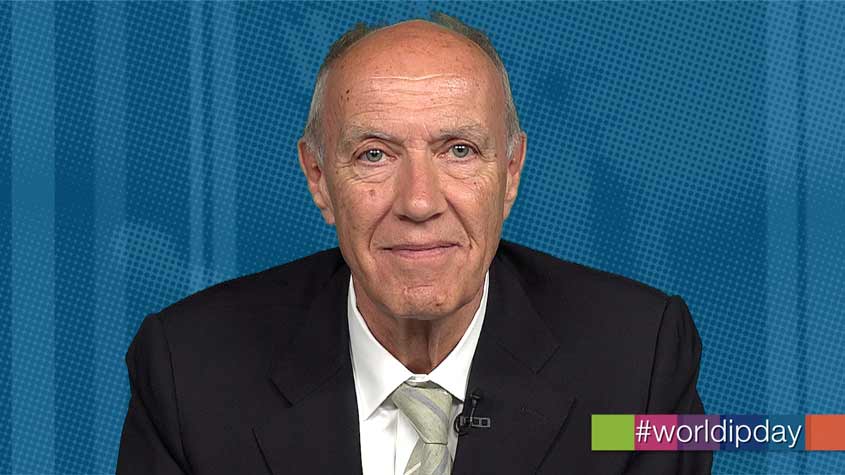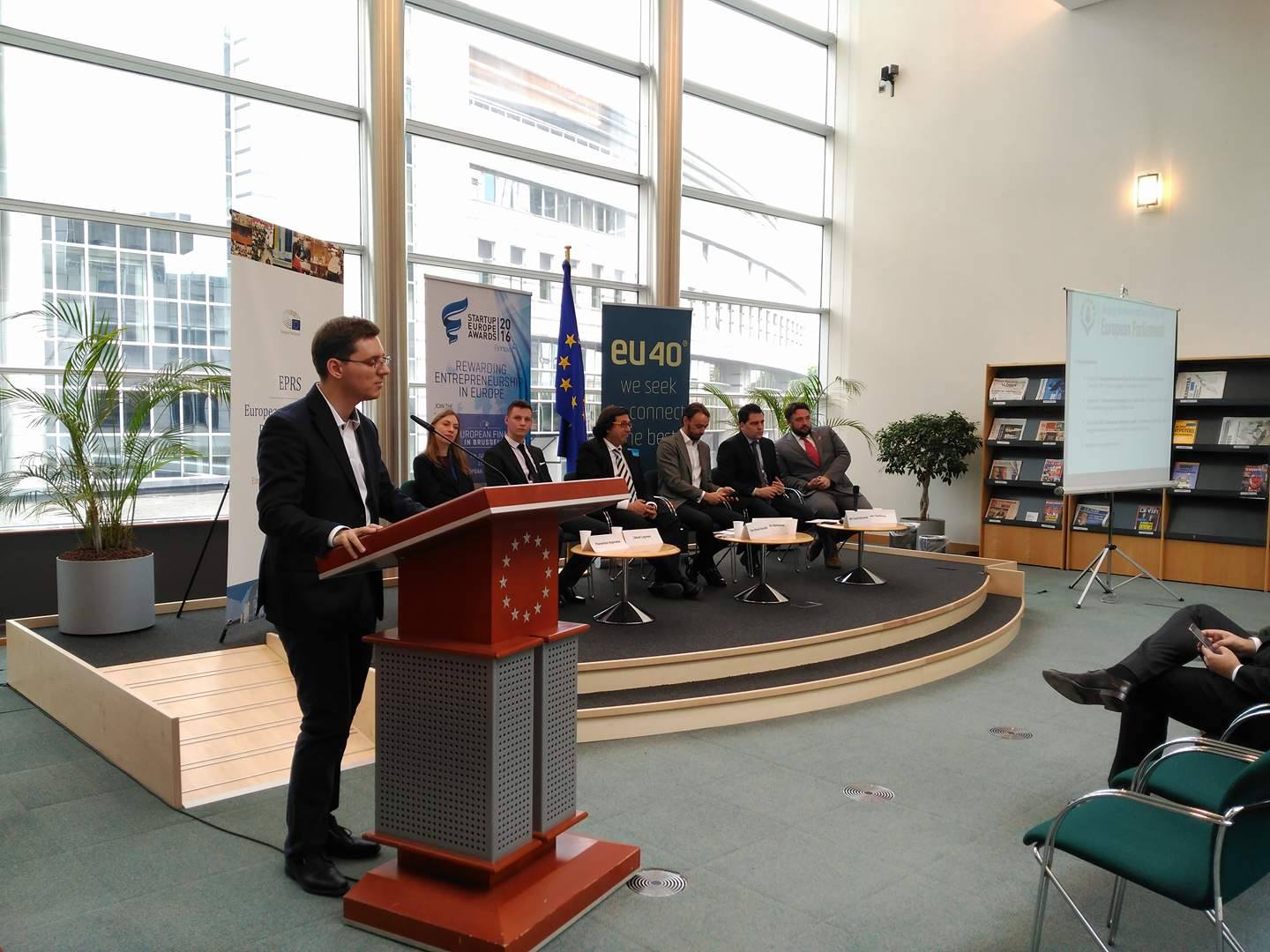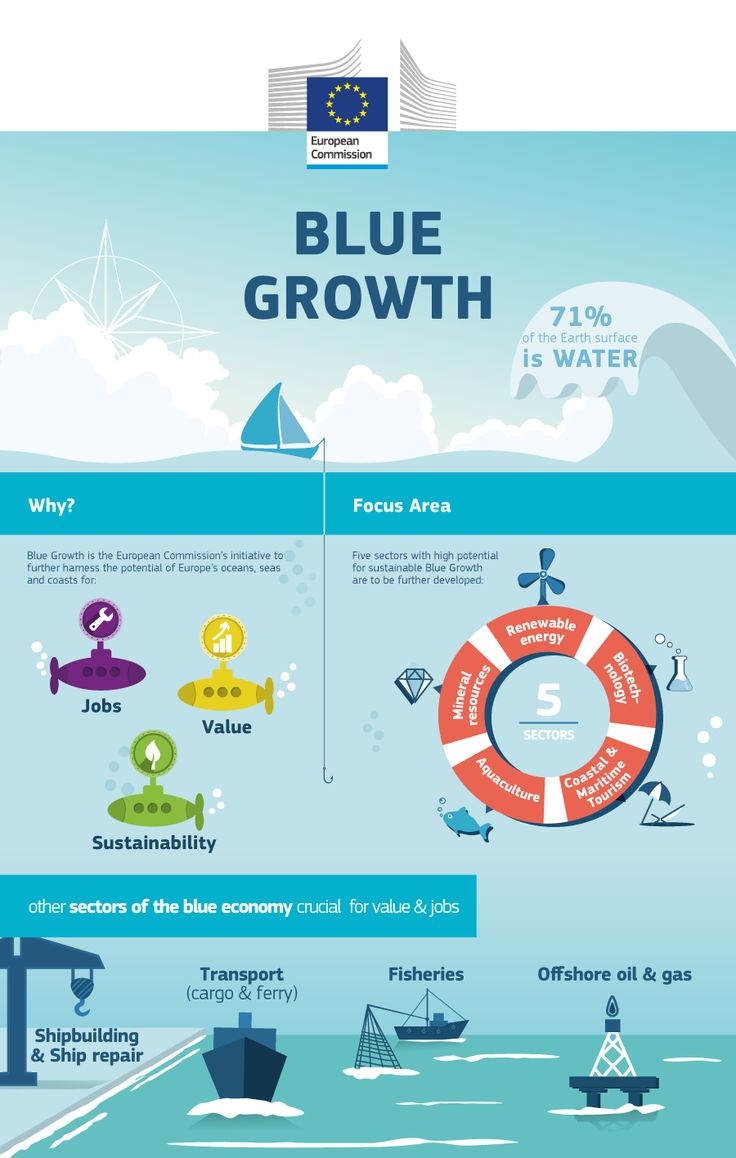Bruselas, 23 de mayo de 2017. La jornada “Los retos del retorno del talento y de los Ayuntamientos ante la UE 2020” se ha celebrado en la sede de la Junta de Andalucía en Bruselas en el marco del programa Talentium Jaén, financiado por la Diputación Provincial de Jaén.
La jornada forma parte del proceso de mentorización de los 25 beneficiarios que disfrutan de la beca en la ciudad de Bruselas realizando prácticas en instituciones y empresas en distintos ámbitos, según su formación y aspiraciones, hasta el mes de septiembre de 2017.
La delegada de la Junta de Andalucía en Bruselas, Francisca Pleguezuelos Aguilar, inauguró la jornada presentando la labor de la Junta, y dando a conocer las oportunidades para los jóvenes andaluces. “Contamos con muchas unidades de apoyo para la inserción laboral de los jóvenes en Europa” añadió la delegada.

Por su parte, el Jefe de Sección de Atención al Ciudadano de la Consejería de Empleo en Bruselas, José Luis Estébanez, presentó los Servicios de la Consejería de Empleo a los españoles en el extranjero y la página web en la que se puede encontrar toda la información necesaria para estar bien orientado. “Contamos con una guía práctica para vivir en Bélgica. Somos ciudadanos de la UE y contamos con unos derechos que no podemos olvidar”, ha asegurado.
La Jornada prosiguió con la ponencia de Alfonso Alcolea, del Comité Europeo de las Regiones. Su ponencia “Historia personal de una trayectoria: de stagiere, asistente en el Parlamento Europeo y Laureado a funcionario de la UE” no dejó indiferente a los asistentes. Una historia que reflejó la necesidad de crear nuestro propio perfil y profundizar en los verdaderos intereses. “Bruselas es una constelación humana y un gran centro de información que hemos de aprovechar”, apuntó Alcolea.
El director General de la Fundación Finnova, Juan Manuel Revuelta, continuó la jornada con el tema de las prácticas en Bruselas y la empleabilidad futura: “La UE cree en la movilidad y gracias a los programas internacionales se ha creado una dimensión de ciudadanía europea” aseguró Revuelta. “Para la próxima convocatoria de Talentium Jaén se realizarán pruebas orales y escritas del idioma para el acceso a la beca. Esto ha de ser un incentivo para mejorar”.
El Presidente de la Asociación de Españoles Funcionarios de las Instituciones Comunitarias Europeas, Joaquín Calvo, presentó en la jornada las posibilidades de prácticas, empleo y formación desde las Instituciones Europeas.
Para finalizar, se procedió a un turno de preguntas y se dieron consejos prácticos para hacer prácticas en las Instituciones, así como para trabajar en España en asuntos de la Unión Europea.
_______________________________________________________________________
Brussels, 23rd may 2017. The conference “The challenges of the return of talent and challenges of city councils for the EU 2020” took place in the premises of the Delegation of La Junta de Andalucía in Brussels within the program Talentium Jaén, funded by Diputación de Jaén, the provincial government.
These series of lectures are part of the mentoring process of the 25 beneficiaries of the grant, who are working as trainees in different institutions and enterprises from different areas in the city of Brussels until September, 2007. Each young professional is offered a traineeship in their area of expertise to develop further attitudes in a real and European working context.
The delegate of Junta de Andalucía in Brussels, Francisca Pleguezuelos Aguilar, started the conference by presenting the duty of this institution in the European capital and providing the attendees with the information on the opportunities they will find in this European context. “We have many units that support the employability of young people in Europe” stated Francisca.
José Luis Estébanez, Head of Section for Citizen Assistance of the Spanish department of employment in Brussels, presented the services that this department offers to Spanish expatriates along with the webpage on which all the necessary information for a stage abroad could be found. “We have a practical guide to live in Belgium. We are all citizen of the European Union and we have some rights that we could not forget”, he assured.
The lectures went on with the presentation of Alfonso Alcolea, from the European Committee of the Regions. His lecture, “Personal Story of a Life-trajectory: from stagier and assistant in the European Parliament to laureate civil servant of the European Union”, did not leave any of the assistants indifferent. His story reflected the need to create our own profile and to go further in our real interests. “Brussels is a human constellation and a great centre of information that’s why we have to make the most of it”, claimed Alcolea.
The General Director of Finnova Foundation, Juan Manuel Revuelta, continued with the topic of traineeships in Brussels and the future employing profile: “The EU believes in the mobility, and thanks to the international programs, a dimension of European citizenship has been created” assured Revuelta. “In the next call of Talentium Jaén, there will be an oral and a written test on foreign language skills to access to the grant. It must be an incentive to be better “.
The President of the Spanish Civil Servant of the European Community Institutions Association, Joaquín Calvo, presented the possibilities of internships, employment and formation from the European Institutions.
At the end of the conference, there was question and answer session where practical advices to do traineeships in the Institutions as well as to get a job in Spain in matters of the European Union.
Virginia

 Yesterday, European Commissioner for Environment, Maritime Affairs and Fisheries Karmenu Vella, Adina-Ioana Valean, Chairwoman of the European Parliament’s Environment Committee, Karl-Heinz Lambertz, First Vice-President of the Committee of the Regions and Neil Kerr, Deputy Permanent Representative of Malta signed a joint declaration proclaiming 21 May as the
Yesterday, European Commissioner for Environment, Maritime Affairs and Fisheries Karmenu Vella, Adina-Ioana Valean, Chairwoman of the European Parliament’s Environment Committee, Karl-Heinz Lambertz, First Vice-President of the Committee of the Regions and Neil Kerr, Deputy Permanent Representative of Malta signed a joint declaration proclaiming 21 May as the 
 Yesterday the European Commission published the
Yesterday the European Commission published the 
 Average budget per project goes from 0.5 to 5 millons €. Projects bigger than 5 million can be funded if they are ambitious enough, and they can justify the necessity.
Average budget per project goes from 0.5 to 5 millons €. Projects bigger than 5 million can be funded if they are ambitious enough, and they can justify the necessity. El Programa LIFE para el Medio Ambiente y la Acción Climática es el instrumento de financiación de la UE destinado a la protección y mejora del medio ambiente para el período 2014-2020. Este programa está gestionado por la Dirección General de Medio Ambiente y la Dirección General de Acción Climática. Desde 1992 LIFE ha financiado más de 4000 proyectos, contribuyendo con 3.100 millones de euros a la protección del medio ambiente
El Programa LIFE para el Medio Ambiente y la Acción Climática es el instrumento de financiación de la UE destinado a la protección y mejora del medio ambiente para el período 2014-2020. Este programa está gestionado por la Dirección General de Medio Ambiente y la Dirección General de Acción Climática. Desde 1992 LIFE ha financiado más de 4000 proyectos, contribuyendo con 3.100 millones de euros a la protección del medio ambiente Today takes place the World Intellectual Property Day as initiative of United Nations to show the function that its rights play (brands, patents, industrial designs, copyright) in the promotion of the innovation and the creativity, as well as for boosting entrepreneurship.
Today takes place the World Intellectual Property Day as initiative of United Nations to show the function that its rights play (brands, patents, industrial designs, copyright) in the promotion of the innovation and the creativity, as well as for boosting entrepreneurship. “To improve the innovation resides in the innovation. The fact that this word is heard everywhere, it is a sign of the importance that it has at the social and economic level”, affirms Francis Gurry.
“To improve the innovation resides in the innovation. The fact that this word is heard everywhere, it is a sign of the importance that it has at the social and economic level”, affirms Francis Gurry. 24th April 2017, the European Parliament hosted the Young Entrepreneurs’ Day, organised by the Young Entrepreneurs Association from Romania, a high-level opportunity to communicate the identity, the role and the diplomatic nature of the Parliament.
24th April 2017, the European Parliament hosted the Young Entrepreneurs’ Day, organised by the Young Entrepreneurs Association from Romania, a high-level opportunity to communicate the identity, the role and the diplomatic nature of the Parliament.
 The EU Maritime Ministers are signing today in Malta a declaration on Blue Growth, as a part of the
The EU Maritime Ministers are signing today in Malta a declaration on Blue Growth, as a part of the